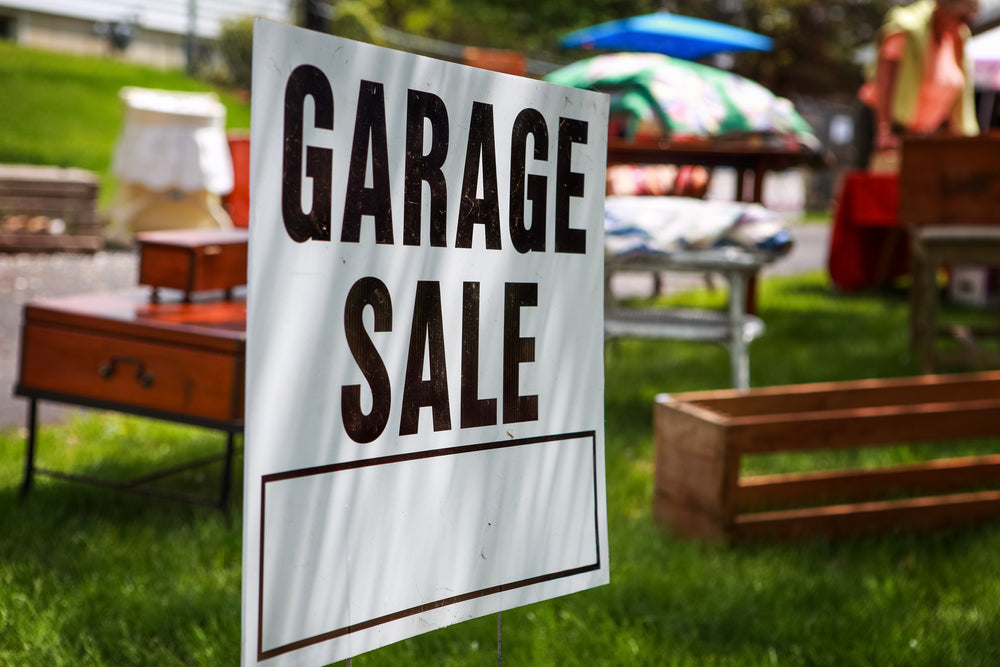So you’ve been diagnosed with sleep apnea, now what? The next steps can feel a little overwhelming. What kind of therapy is best for me? What do I want? What kind of long-term treatment can I live with? We know you have tons of questions about what to do going forward.
The reality is that continuous positive airway pressure (CPAP), or ApneaMed’s automatic positive airway pressure (AutoPAP), therapy prove to be the most effective treatment for most types and levels of sleep apnea. But you need to be especially careful about where you get your CPAP from. Buying a used CPAP may seem like an easy way to lessen the cost of treatment, but the actual price you pay could be significantly higher.
Beware of Safety Risks
Buying anything used can be a risk, however, the risks are very different between a used pair of shoes and a used CPAP. CPAPs are medical devices, and, like many medical devices, are used largely by one person over a long period of time. Especially for a CPAP that must be used daily, excessive exposure to another person’s germs is always a concern.
CPAPs are worn over the face in order to help regulate breathing and prevent apnea events. Breathing into the mask and hose creates a wet, warm environment that is a breeding ground for all manner of germs. Cleaning, sanitizing, and maintaining a CPAP is an essential part of upkeep even when you are the only person breathing into it! Not to mention if you’re also having to contend with the contaminants of another person.
A used CPAP machine can lead to several health risks, like bronchitis, pneumonia, tuberculosis, viral and bacterial respiratory infections, and even parasites. If you can’t rely on cleaning to thoroughly remove your own germs from a CPAP mask, why risk worrying about others? The safest CPAP is always a new CPAP.
Replacement Parts & Warranties
Like most medical devices, new models are constantly coming out that are better and more effective than previous ones. Buying a used or outdated CPAP or AutoPAP machine can mean that you’re getting worse technology that won’t be as effective in treating your sleep apnea (this is an especially real concern if you have severe sleep apnea). Not only can the treatment be subpar, but it could prove extremely challenging to find replacement parts and filters if you’re using an outdated CPAP model.
As if trying to find replacement parts weren’t stressful enough, buying a used CPAP also means there is no safety net if the unit starts experiencing issues. New CPAPs often come with warranties and other avenues of replacement in the event that it stops or has troubles working. Machines break down all the time, and you need to know that your CPAP therapy won’t be interrupted by a faulty machine. Buying used will put you at greater risk and could end up costing you more money in the long run.
Benefits of a New CPAP Machine
New is always better--that’s the point of this blog. A new CPAP or AutoPAP machine with all the necessary accessories will be more expensive than a used one, but what you could end up paying in bills from the side effects of a used CPAP will likely be far, far higher. Even those who consistently use CPAP machines are excited when they have a chance to upgrade to the newest models and features.
Newer CPAPs have several benefits. Most are quieter if not almost completely silent, come equipped with humidification chambers, and are outfitted with tubing that actively prevents rainout problems. Most are smaller and more lightweight than older models (great for travel) and come with smarter features that can track and measure your sleep apnea over a period of time. This information is crucial for your physician to monitor and treat your sleep apnea.
Not to mention, new CPAP machines are always sterile when you receive them.
You are one of millions of people nationwide who suffer from sleep apnea and require CPAP therapy to be their healthiest selves. CPAPs may seem expensive, but they are essential to your long term health and happiness. Don’t risk either of those things in order to save a few bucks. You could end up paying a far higher price in the long run.

